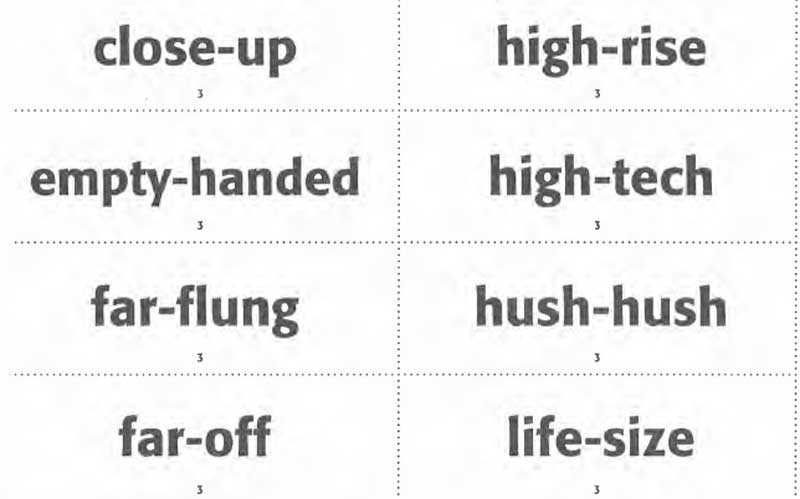×
The Standard e-Paper
Kenya’s Boldest Voice

Yet another tragedy has exposed our shameful, glaring inadequacies. Of course, there has never been a shortage of tragic incidences, but just when one hopes the last tragedy taught us a lesson, another happens to debunk that false hope.